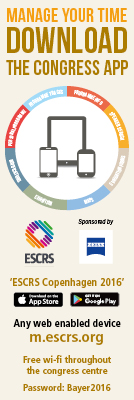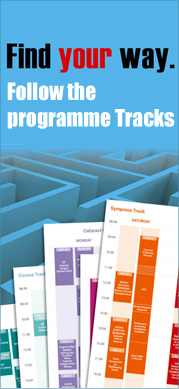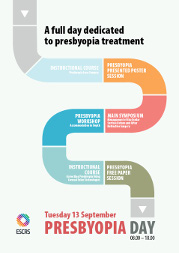Posters
Can virtual reality surgical simulator improve the performance of the non-dominant hand of ophthalmic surgeons?
Poster Details
First Author: R. Eltanamly EGYPT
Co Author(s): M. Youssef H. Elmekewey
Abstract Details
Purpose:
Cataract surgery is associated with a significant learning curve, phacoemulsification requires the use of both hands, and surgeons are not comfortable using their non dominant hand while performing some of its complicated steps. This work aims to assess whether virtual reality (VR) simulator can help experienced surgeons perform the more complicated steps using their non dominant hand.
Setting:
This prospective study was performed at Cairo University Hospital
Methods:
Thirty ophthalmic surgeons were recruited in this study; none of them had previous training on the EyeSi surgical simulator. After an initial training to eliminate the learning effect¸ surgeon asked to perform one task (capsulorrhexis) three times using their dominant hand, then to repeat the task using their non dominant hand. A performance score ranging from 0 to 100 points was calculated by the simulator. The score is based on the efficiency of the procedure, target achievement, instrument handling, and tissue treatment. Rate of improvement of the non dominant hand was calculated and compared to the dominant hand
Results:
There was a significant improvement in the score of surgeons using their non dominant hand from first trial (69.57 ± 18.9) to third trial (84.9 ± 9.2) [p <0.001], whereas such improvement was not noted with the dominant hand from 84.7± 7.6 to 87.5 ± 7.5 [p=0.119]. Time score taken to perform the task with dominant hand was -1.53 ± 2.98 and with the non dominant hand was -1.8 ± 2.63 [p=0.491].
Conclusions:
In experienced ophthalmic surgeons VR simulators can improve the performance of the non dominant hand significantly, while such improvement was not noted with their dominant hands. These results show that it is possible to train non dominant hands for difficult tasks away from the operating room, thus improving results and safety of surgery. Training of non dominant hand can also be incorporated as part of the residency training program.
Financial Disclosure:
NONE





